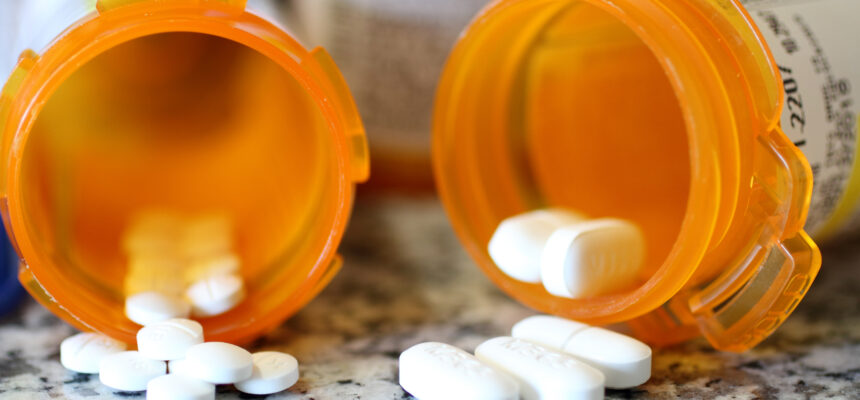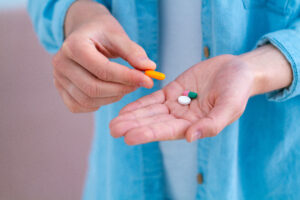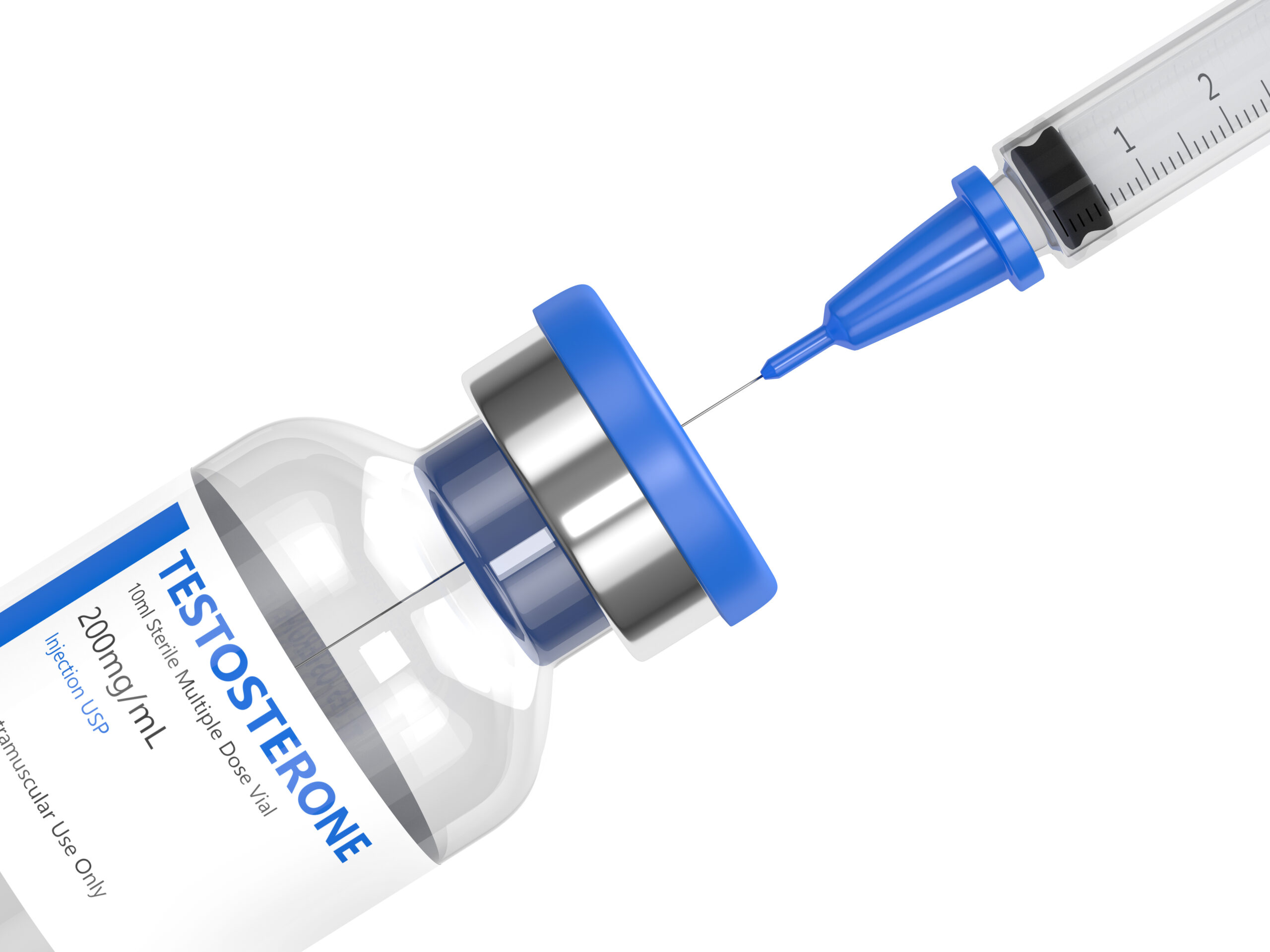
Can Testosterone Levels Be Reduced by Using Opiates?
Opioids are classified as any drug that binds to the opioid receptors in the central nervous system. Natural opiates are a subclass of opioids and are becoming popular to treat various ailments, including pain management. Opiates are also commonly used in helping treat people with heroin addiction.
However, the use of opioids can have various negative side effects that could reduce your quality of life. One such effect is that it has been linked to decreased testosterone levels—but do opiates lower testosterone permanently?
Effect of Testosterone on the Body
So, what’s all the fuss about testosterone and its levels in the body?
Generally speaking, testosterone is a sex hormone. However, it plays several other important roles in the body. These include:
- Helps with bone density
- Responsible for red blood cell reproduction
- Sperm production and prostate growth
- Regulates sex drive, including erectile function
- Influences behavior
- Helps with muscle development
- Plays a role in skin health and hair production
While most men have normal testosterone, the levels can drop. This is a condition called hypogonadism. When this happens, many bodily functions, from sex and sexuality to muscle mass and even behavior, are impacted.

Effect of Opiates on the Body
Opiates have become common prescription drugs used to treat many different ailments. Common examples of opiates include:
- Morphine
- Codeine
- Hydrocodone
- Fentanyl
- Oxycodone (OxyContin
Opiates work by binding to the opioid receptors in our brains and bodies. The effect of this is the blocking of pain receptors in the body. This makes them an excellent solution for relieving acute and time-limited pain. Strangely enough, opiates have been found to have the opposite effect of what they are made for if used to treat chronic pain. Studies show that prolonged use of opiates could lead to a condition called hyperalgesia. This is where you become more sensitive to pain.
However, the binding effect of opiates also results in the euphoric feeling (high) that drug users seek. The effect of opioids on the body goes beyond pain relief and getting high. Prolonged use could also result in slowed breathing, which leads to reduced oxygen levels in the bloodstream, leading to damaged internal organs.
The danger of opiates is that as users become used to them, they tend to want higher doses to experience the same pain-relieving (and euphoric) effects. This usually leads to addiction. When this happens, withdrawing from the use of opiates also has adverse side effects, some of which include:
- Anxiety
- Muscle aches
- Irritability
- Insomnia
- Runny nose
- Nausea, vomiting
- Abdominal cramping
As you can see, opiates are not a drug to be trifled with. Besides being highly addictive, they also change some critical body functions. That’s why their use medicinally is regulated.
What Causes Lower Testosterone in the Body When Using Opiates?
Let’s get back to our topic of the day—do opiates lower testosterone permanently?
To answer this question, let’s look at the causes of lowered testosterone levels in the body when a person uses opiates.
The daily use of opiates for prolonged periods—more than a month—can cause an imbalance in your endocrine system. The endocrine system is responsible for regulating hormonal function in the body. In short, it is responsible for maintaining proper hormone levels, a good example being that of testosterone.
The exact impact of opiates on a person’s hormones is dependent on many factors, the two main ones being the frequency of opioid use and the person’s unique physiological makeup.

This effect on the endocrine system is mainly responsible for low testosterone production in both men and women. The effects are worse in men, as studies show that nearly 50% of men who use opiates suffer from low testosterone levels. This usually life-altering effect is called opioid-induced endocrinopathy or hypogonadism.
Hypogonadism (low testosterone) is a physiological side effect of opiates that results in suppressing the sex hormones in those affected. Other effects of low testosterone include:
- Anxiety
- Reduction in bone density which could lead to osteoporosis
- Loss of hair
- Decreased libido
- Delayed ejaculation
- Depression
- Erectile dysfunction
- Chronic fatigue
- Fertility problems due to low sperm count
- Hot flashes
- Night sweats
- Poor concentration
- Reduced muscle mass and size
- Reduced muscle strength
- Sleep disorders
- Weight gain
The psychological effects of low testosterone can lead to relationship issues, low self-esteem, and poor performance at work among others.
Getting Help for Opiate Addiction
It’s easy to get addicted to opiates—prescribed or not. Withdrawing from prolonged use can cause adverse effects. You must seek professional help if you feel you’re hooked on opiates and would like to beat the addiction. Here at Yellowstone Recovery, we have helped countless people recover from drug addictions of all types. That’s why we’re among the most trusted rehabilitation centers around. So, go ahead and get in touch. We’d be honored to help you overcome your opiate addiction.
Sources:








